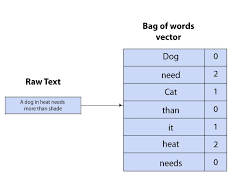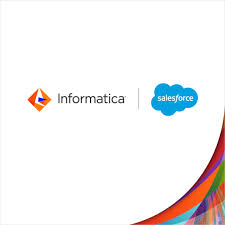Understanding the Difference Between Private Domain and Verified Domain in Salesforce Marketing Cloud
A Private Domain in Salesforce Marketing Cloud offers full DKIM, SPF, and DMARC authentication for a custom domain, which can significantly improve email deliverability. In contrast, a Verified Domain verifies that the sender owns the domain but does not provide the same level of authentication.
While platforms like Constant Contact allow users to add authentication records (such as DKIM, SPF, and DMARC) themselves, this approach is not applicable to Salesforce Marketing Cloud when using Verified Domains. Although technically possible to self-host DNS for a Private Domain and manually add authentication records, Salesforce must provide the specific values for these records, particularly the DKIM key.
Salesforce Marketing Cloud vs Salesforce Account EngagementEmails sent through Salesforce Marketing Cloud are signed with a DKIM key, which the recipient’s mail server verifies against the DKIM record in the sender’s DNS. If the DKIM signature does not match the DNS record, the email will fail delivery. Verified Domains do not include Salesforce-signed DKIM keys, making them unsuitable for fully authenticated email sends.
For organizations prioritizing email deliverability and compliance, requesting a Private Domain from Salesforce is recommended. While it may require additional setup, it ensures proper authentication and enhances the success of email campaigns.
🔔🔔 Follow us on LinkedIn 🔔🔔













